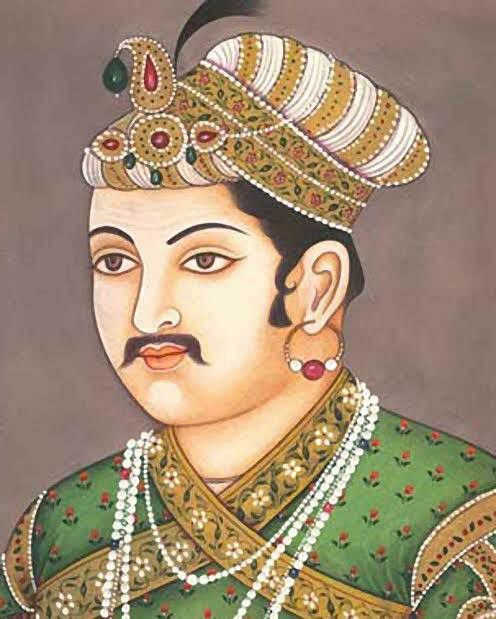
Akbar The Great - 2

Akbar came to the throne, aged 14, on the death of his father, Humayun. For the next 20 years, he had to fight to defend and consolidate the Moghul empire. He faced threats from the Afghans in the North and from the Hindu King, Samrat Hemu. Akbar became known as a great military commander and remained undefeated in major campaigns in India. Akbar strengthened the administration of the Moghul Army, introducing a non-hereditary military unit known as Mansabdar. Akbar promoted officers who impressed
As Akbar was very young on ascending to the throne, the running of Moghul Kingdom was initially left to Bairam Khan an Afghan Shia Muslim. Bairam was a great military leader and helped secure the Moghul Empire. However, he was not liked by many for the absolute power he wielded and also the fact he was not a Sunni Muslim. At one point he was encouraged to go on a pilgrimage to Mecca. Akbar sent an army to escort Bairam Kham, but Bairam was annoyed at the ostracism of being sent on pilgrimage. Therefore, he turned on Akbar’s army and was later captured. Bairam was taken to Akbar where many wanted him to be executed. However, Akbar refused to execute Bairam because had done much for him in the past. He forgave Bairam and allowed him to live at the expense of the court. Throughout his life, Akbar often showed mercy and forgiveness to his enemies – not least to his own brother who plotted against him.


